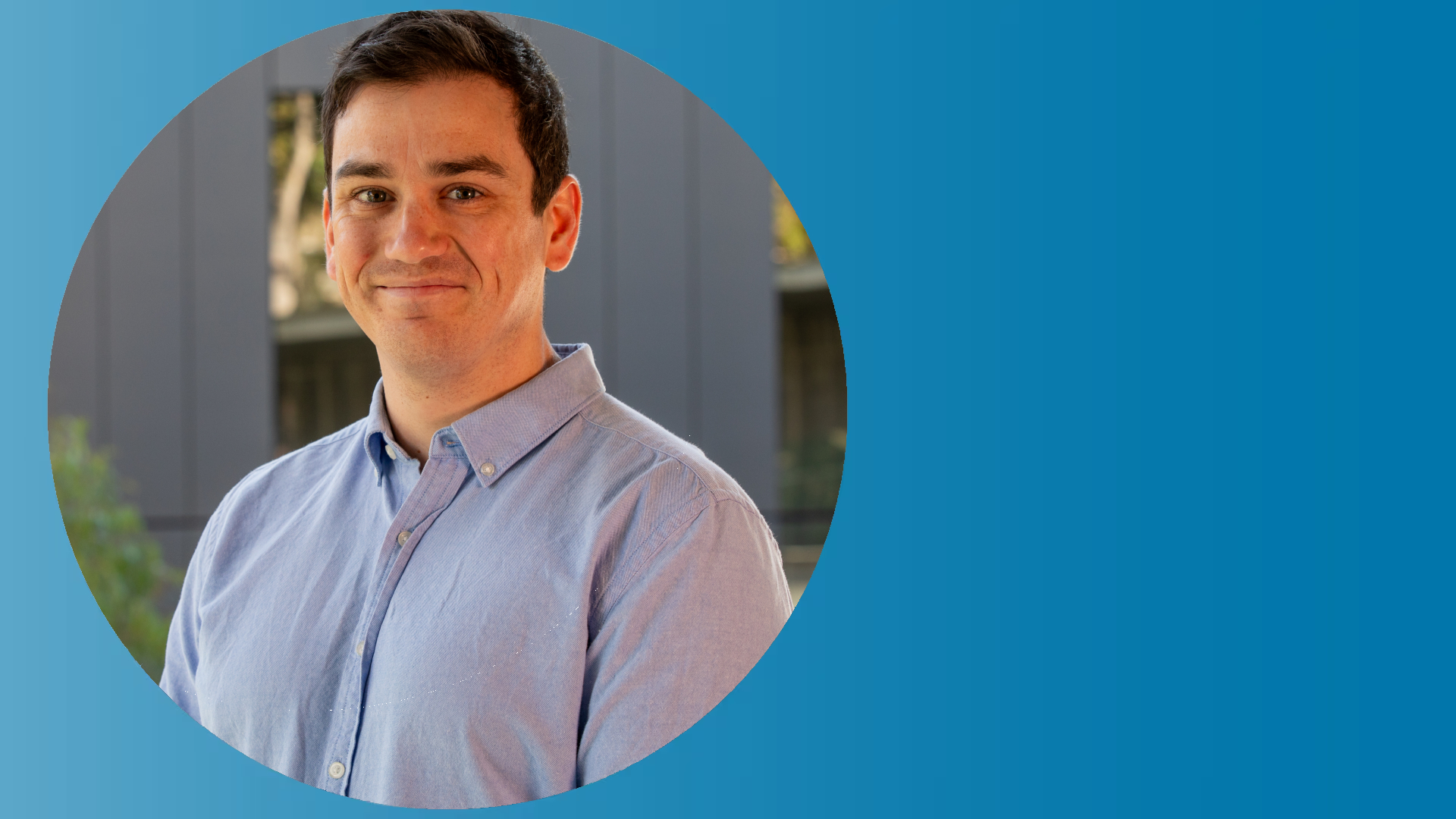
A review written by Col Reynolds Fellow Bryce Thomas in 2023 details how CAR-T cells could potentially alter tragic survival rates for diffuse midline glioma, better known as DMG.
A PhD student at the University of Newcastle, Bryce’s review was published in Trends in Cancer. It explores how a novel immunotherapy approach using CAR-T cells could provide a much need new treatment strategy for the aggressive paediatric brain cancer.
DMG develops in the central nervous system. Due to the tumour’s location, surgical removal is not possible and radiotherapy only provides temporary benefits. There is no known cure, and the average survival rate for patients is just 9-11 months after diagnosis.
CAR-T-cell therapy is an advanced form of immunotherapy that involves reengineering a patient's own T cells to recognise and kill cancer cells. While this approach has been a standard treatment for certain types of leukaemia it has had mixed results when used for treating solid tumours. Currently, eight clinical trials are underway exploring the use of CAR-T cells to treat DMG.
This review by Bryce and the team examines the progress and emerging research in this promising area.
Two of the studies reported positive clinical outcomes – one showed radiographic and neurological improvements in most participants, while another demonstrated effective tumour reduction with a median overall survival of 11.1 months post-treatment.
A third study offered supportive evidence of immune activity, identifying increased cytokine levels in serum and cerebrospinal fluid following localized T-cell infusions—suggesting targeted immune engagement.
One study was inconclusive due to an insufficient number of participants, and another has yet to publish its data.
Overall, however, these trials point to the promise of CAR-T cell therapy for DMG, though further research is needed to confirm its therapeutic potential.
In his paper, Bryce says that there is reason to believe that tumour's unique microenvironment may support further use of CAR-T cells to treat DMG. Even how the cells are administered could be key to understanding their effectiveness, with recent studies demonstrating smaller repeated doses can reduce side effects and improve patient outcomes, as opposed to a single intravenous dose.
Improvements in CAR-T Cell technologies will only further enhance their ability to fight DMG tumours. Bryce writes that scientists are currently developing new CAR-T cells that last longer and can therefore engage more immune cells.
Multi-target and adaptor-based CAR-T cells are also being engineered to ensure that the cells can respond to a wider range of tumours, as they can differ extremely from patient to patient.
Funded by The Kids’ Cancer Project and working under the supervision of Professor Matt Dun at the University of Newcastle, Bryce is making meaningful contributions to advancing our understanding of CAR-T cell therapy in the treatment of DMG. As he completes his PhD, he will no doubt be ready to lead in this difficult and much needed area of research.
To read the paper in full, click here.
